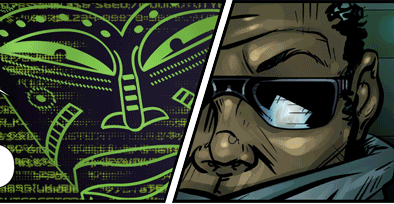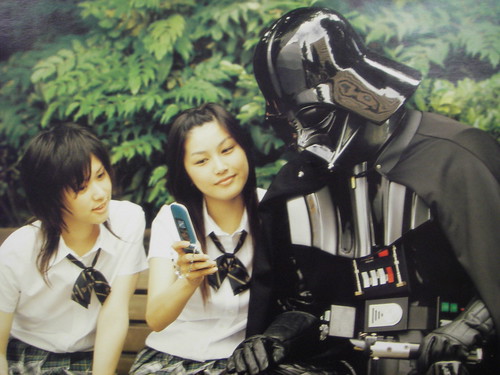Because of a rare snow day in New York City, four NYC Writing Project teachers used some of our "found time" to do some impromptu thinking together. Our students are using Youth Voices, and recently we agreed to build a new curriculum this Spring. We got together on Skype today to discuss our budding plans for teaching "I-Search, Diigo, and Gaming."
What you will hear us discussing on this podcast is the beginning of a plan for a research and gaming curriculum and a proposal for a series of three or four professional development sessions this Spring that are focused on some portion of the game-playing and game-building curriculum that Global Kids has developed. We also have a plan for inviting other interested New York City Writing Project teachers to join us by experimenting with gaming themselves and by developing this curriculum with us.
What our small study group, the New York City Writing Project's "Tech Thursdays" group wants to do is to create a curriculum that has modules that can fit into different types of for classes, especially core subject areas. For now we are doing this work in the following content areas:
- Computer Arts (Susan Ettenheim)
- English (Paul Allison and Chris Sloan)
- Technology (Shantanu Saha and Madeline Brownstone)
- Art (Renee Dryg and David Marini)
We are creating a curriculum that assumes that teachers will be able to commit to doing it two times a week for at least 10 weeks (or similar parameters).
Those of us working on this curriculum this Spring will build successful collaborative game-based learning experiences for our students and we will learn from our failures. At the same time, we will be constantly building the rationales and the theoretical framework for including a curriculum like this into core classes in grades 6 -12. We are thinking about how we might involve other New York City Writing Project teachers in this work, perhaps in summer institue that integrates gaming into our current Advanced Summer Institute model. We are also planning for day-long workshops and regular study groups like our Tech Thursday groups in the Fall 2010 and Spring 2011.
We would also welcome your participation! As we say in this podcast, we will be using the What's Up? section of Youth Voices to have our student-gamers become more reflective about gaming, and we'll ask the students to contribute to the knowledge based of serious gaming by developing analyses by adding Discussions to Youth Voices, for example here are Comparative Essays from the first week of our new curriculum. If you have been looking for a way for your students to join Youth Voices, perhaps you could adapt, adopt, and contribut to this curriculum as well. Please join Youth Voices, and let us know!
In the meantime, we welcome you to eavesdrop on this impromptu planning session shared by four New York City public school teachers enjoying a rare snow day in New York City: Paul Allison, Susan Ettenheim, Madeline Brownstone, and Shantanu Saha.
Click Read more to see a copy of the chat that was happening during the webcast.




 r. As Director of Internet Training at the National Teacher Training Institute for New York’s Channel Thirteen / WNET, Al traveled extensively in a “train-the-trainers” model of technology integration for K-12 teachers. Currently, in addition to his role at Quest, Al teaches for the graduate division of Touro College’s Masters Degree Program in Instructional Technology
r. As Director of Internet Training at the National Teacher Training Institute for New York’s Channel Thirteen / WNET, Al traveled extensively in a “train-the-trainers” model of technology integration for K-12 teachers. Currently, in addition to his role at Quest, Al teaches for the graduate division of Touro College’s Masters Degree Program in Instructional Technology